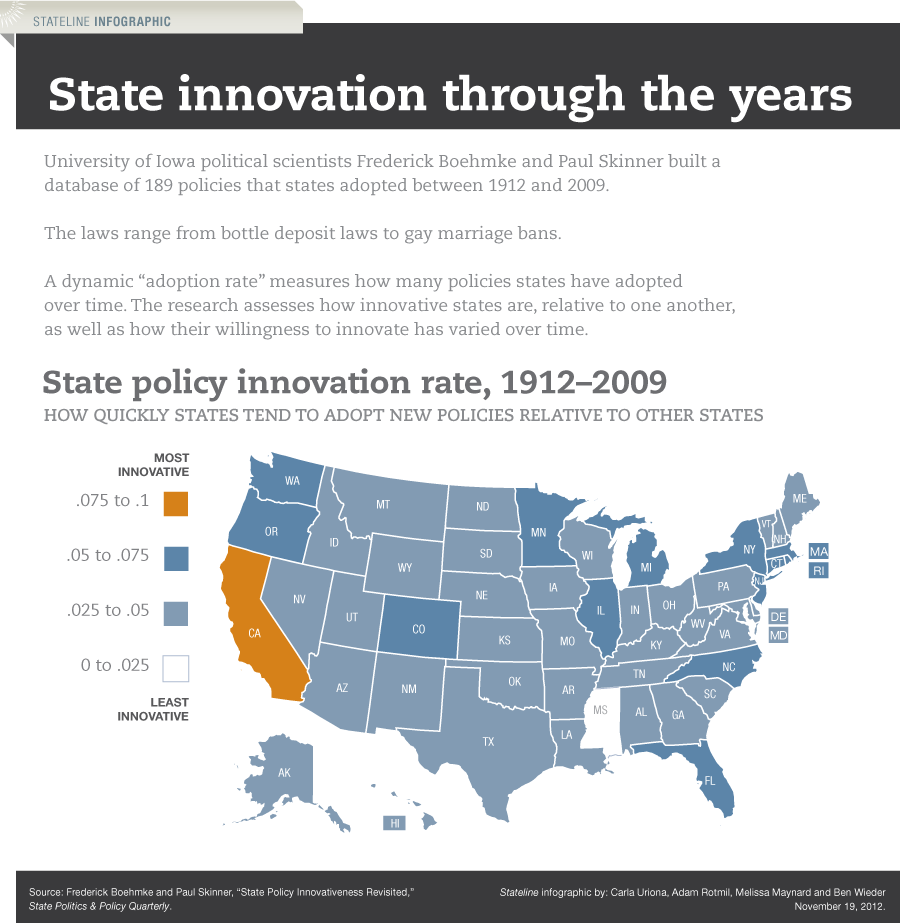COVID-19 has (fairly obviously) impacted elections, as in-person voting could spread the disease.
19 states have postponed their upcoming primary elections due to COVID-19, almost all through executive order. This has proved relatively uncontroversial except for in Ohio and Wisconsin, where decisions to delay their respective elections were fought out in court.
First, in Ohio, Governor DeWine (R) did not oppose holding their March 17 election until the day prior, when he convinced two Ohio residents to file a lawsuit to change the date of the election (as he contended he did not have the power to do so). When that failed, his Health Director, Dr. Acton, issued the polls closed on the eve of the election in order to protect the health of voters. A candidate on the ballot asked the Ohio Supreme Court to weigh in, but it refused to do only hours before polls were originally set to open.
In Wisconsin, Governor Evans (D) discounted calls to postpone their primary set for April 7 given that there were municipal races in addition to one for a state Supreme Court race set to occur. Interest groups filed several lawsuits asking for changes to the election, culminating with an April 2 decision by a federal district court judge to allow any absentee ballot received by April 13 (and not necessarily postmarked by April 7 as required by statute) to be counted as valid. Governor Evans had a change of heart on April 3 and called the legislature into special session on April 4 to consider postponing the election, but it refused with both chambers only in session for less than a minute before adjourning. On April 6, Governor Evans declared the election moved by executive order. The legislature promptly sued, and a 4-2 partisan-line ruling from the Wisconsin Supreme Court struck down his order as an overreach of his emergency powers. A 5-4 partisan-line ruling an hour late from the federal Supreme Court also struck down part of the district court's ruling allowing absentee ballots not postmarked by April 7 but received by April 13 to be counted as valid. Thus, when voters went to the polls the next day, there was lots of confusion and long lines.
Modifying the terms of the election itself has proved more controversial. 16 states currently require an excuse to vote absentee, but
8 of these states have waived their excuse requirements for their upcoming election. Of the 8 remaining states, 6 are Republican trifectas and the other 2 have Democratic governors but Republican-controlled legislatures. Litigation has proved successful so far in handling opposition by Republican state officials.
Campaigns have also had to adjust to a new normal without canvasing and rallies. Especially for challengers in House or state legislative races, conducting virtual campaigning has been difficult as they have little staff or money when compared to incumbents. Even presidential candidates have been forced to rely on Twitter, Facebook, and text messages to get their messages across.
The political system as a whole needs to be more prepared for future election emergencies.
As law professor Michael Morley writes, few state statues have comprehensive planning for a crisis that occurs around an election. He recommends implementing state statues that allow for election modification, postponement, and cancellation depending on the circumstances. Interest groups ranging from the
Brennan Center to
Free Speech For People have also rolled out their own plans for the upcoming elections.


